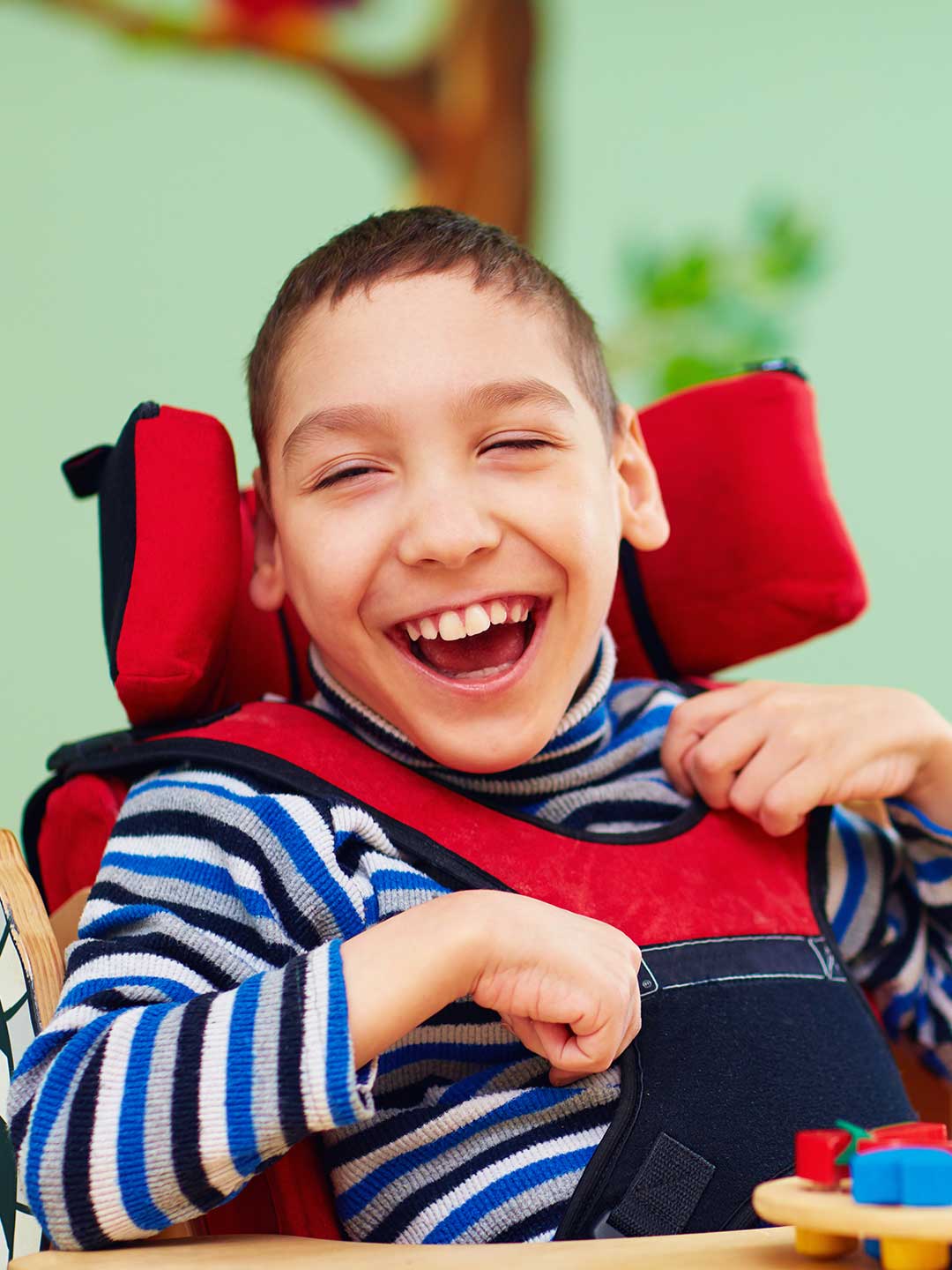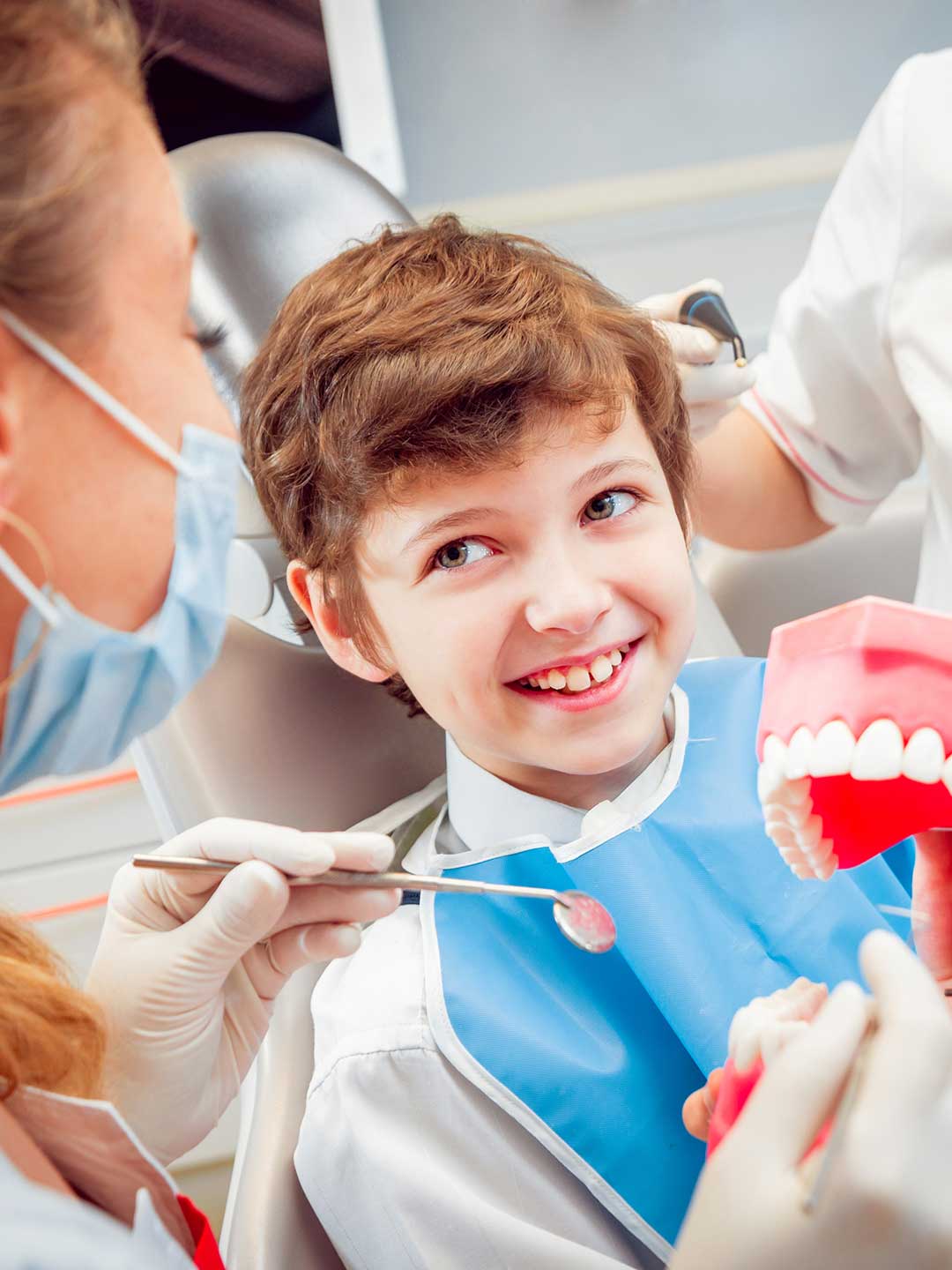A pediatric dentist is a dental specialist trained to care for the oral health of infants, children, and adolescents, including children with special healthcare needs. Pediatric dentists complete additional years of education beyond general dentistry, focusing on child dental development, preventive care, behavior management, and adapting treatment for children with physical, developmental, sensory, or medical conditions. Their training allows them to provide gentle, age-appropriate dental care in a supportive and understanding environment.





